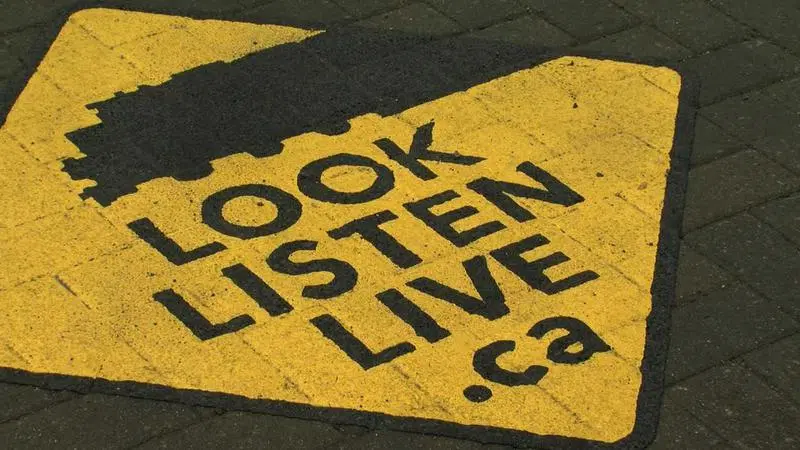
#STOPTrackTragedies campaign officially launches on first day of Rail Safety Week
KAMLOOPS — Every year 2,100 North Americans are injured or killed in railway crossing related incidents.
Today (Sept. 23) marks the first day of Rail Safety Week 2019.
In Kamloops, an event was held at the CP yard parking lot to raise awareness of the dangers that exist at rail crossings.


